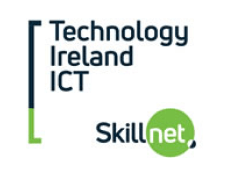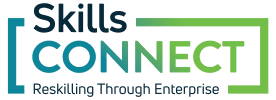About This Course
Candidates for this exam will demonstrate core software development skills, including object-oriented programming, web applications, and databases. Candidates are expected to have some experience with C# and ANSI SQL.
Duration: 40 weeksParticipants: 25
Certification: IT Specialist Certification Information technology Specialist – Software Development
Learning Outcomes
Upon competing this course, students will understand:
- Core programming
- Object-oriented programming
- General software development
- Web applications
- Desktop applications
- Databases
Who Should Attend
This entry-level training is specifically designed for those with no prior IT experience. If you’re keen to pursue a career in technology, the IT Specialist Certification range of training is a great place to start. This particular course focuses on providing you with a foundational knowledge and understanding of software development.
- Core Programming Concepts
- Software Develpoment Principles
- Object-Oriented Programming
- Web Applications
- Databases
Course Syllabus
1. Core Programming Concepts
1.1 Describe computer storage and data types
1.2 Construct and analyze algorithms and flowcharts to solve programming problems
1.3 Incorporate error handling into applications or modules
1.4 Construct and analyze code based on functional programming patterns
2. Software Development Principles
2.1 Describe software development lifecycle (SDLC) management
2.2 Interpret application specifications
2.3 Construct and analyze code that uses algorithms and data structures
2.4 Describe the purpose of version control systems
2.5 Describe secure coding concepts
3. Object-Oriented Programming
3.1 Construct, analyze, and use classes
3.2 Construct and analyze code that uses inheritance
3.3 Construct and analyze code that uses polymorphism
4. Web Applications
4.1 Construct and analyze web applications
4.2 Describe and configure web hosting
4.3 Describe and configure web services
4.4 Describe and identify architectural patterns
5. Databases
5.1 Design and normalize a database
5.2 Construct, analyze, and optimize ANSI SQL queries
5.3 Manage transactions
5.4 Describe database access methods
5.5 Describe types of NoSQL databases







